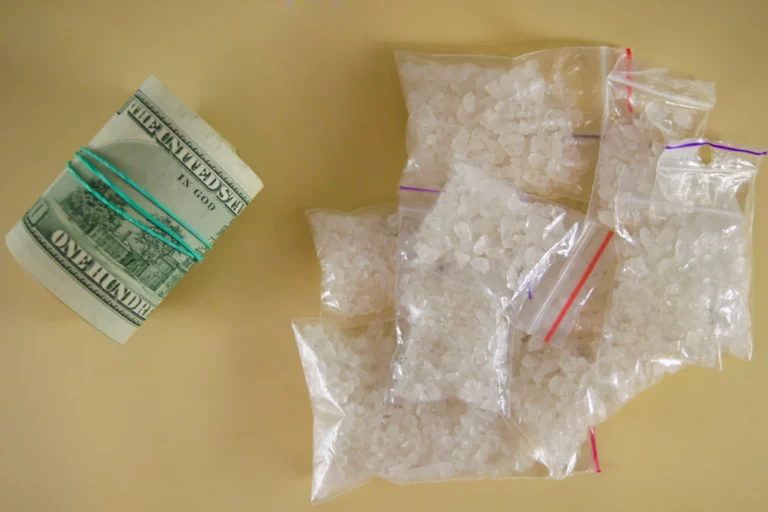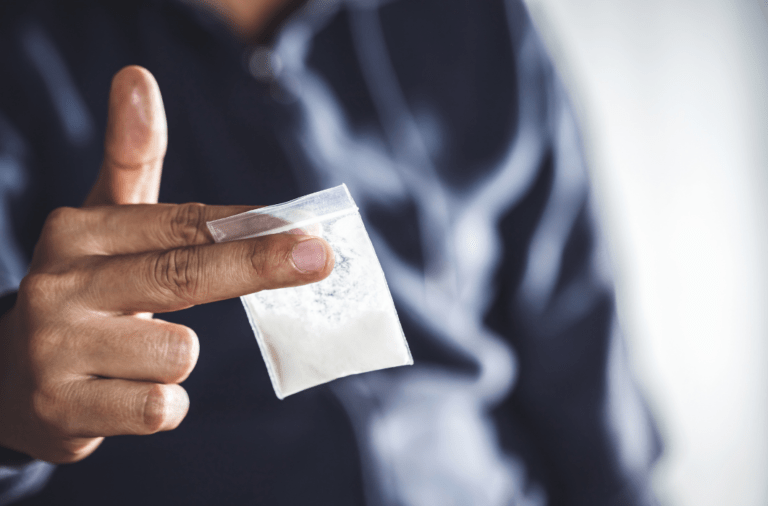So, you managed to stay clean and drug-free for a few months, or even years. Congratulations! But now, the withdrawal symptoms have started to creep back in. You feel anxious, lonely, and overwhelmed again. Or perhaps you realized that your sobriety was only temporary, and now you’re even more determined to stay clean for good. Either way, you’re feeling hopeless. You’re thinking of giving up again, aren’t you? Fortunately, you aren’t alone.
Many recovering addicts and alcoholics experience relapse as a natural part of recovery. But relapse isn’t inevitable. There are things you can do to avoid relapsing again. Here are 7 helpful tips for avoiding relapse without breaking your promise to yourself.
1. Know What Triggers Relapse For You
First things first. We all have different reasons for relapse. Some people relapse because they feel sad, lonely, or overwhelmed. Others relapse because they feel angry or resentful. You might be prone to relapse because you’re not sure you can stay clean for good, or because you’re trying to do all the “right” things, but still experiencing negative consequences of your drinking. Knowing what triggers relapse for you is the first step toward avoiding it.
2. Make Accountability Partners
You’re committed to staying clean for good. You want to avoid relapse. But sometimes, life gets in the way. You have responsibilities, and you’re trying to maintain your sobriety while maintaining a regular routine. But then one thing after another seems to throw you off track. You go out drinking with friends, even though you promised yourself you wouldn’t. Or you feel so angry and resentful that you drink to take the edge off. Either way, you’re not staying completely abstinent, and you’re likely experiencing some negative consequences of drinking. If you want to avoid relapse, you need to find a way to stay accountable to yourself.
3. Don’t Just Rely on Your Friends
When you’re just starting recovery, it can be hard to tell the difference between a friend and an “enemy.” You might feel unable to distance yourself from your old drinking buddies. But when you’re in recovery, your friends are there for you, not to take you back to drinking. You may have a hard time distinguishing between a friend who invites you to have one too many, and a friend who is pressuring you to drink. Make a commitment to yourself to rely on only your sober friends. It’s OK to talk to your drinking buddies from time to time, but don’t make them your only support system.
4. Don’t Dwell on the Past
Relapse is often triggered by the memories that come rushing back, right? Or maybe you’re dwelling on the past to convince yourself that you should drink again, so you can experience some of the old feelings you’re missing today. Either way, the first step toward avoiding relapse is to not dwell on the past. If you feel anxious or angry about the drinking you did in the past, acknowledge it and then let it go. Don’t let those emotions control you.
5. Learn to Manage Your Emotions
Now that you know not to dwell on the past, and to focus on the present, the next step toward avoiding relapse is to learn to manage your emotions. Relapse is often triggered by negative emotions that you haven’t learned to deal with. You may feel anxious, or angry, or lonely, or ashamed. If you want to avoid relapse, you need to learn how to feel those emotions without letting them control you.
6. Take Pride in Your Recovery
Congratulations on your recovery! It takes real determination and faith to stay clean and sober for any amount of time. You deserve to feel proud of your accomplishments. So take pride in your recovery. Read inspirational books, go to support groups, take self-care breaks, and do whatever you need to do to feel good about yourself. Celebrate your achievements, and feel good about what you’ve accomplished. How do you feel when you’re relapsing? When you’re in recovery, you need to feel good about what you’ve accomplished. The next step toward avoiding relapse is to feel good about yourself.
7. Keep Your Promises to Yourself
Finally, the most important step toward avoiding relapse is to keep your promises to yourself. If you’re struggling with relapse, the first thing you need to do is look in the mirror. What are you promising yourself? The most important step toward avoiding relapse is to promise yourself that you won’t give up, and you won’t drink again. This is your promise to yourself.
It can be really tough to stay clean and sober once you’re no longer experiencing the cravings and withdrawals of early sobriety, but it’s possible. With the right strategies, you can avoid relapse and stay sober for the long term. These are 7 ways to avoid relapse, so don’t delay implementing them.
Asheville Recovery Center Can Help
Fortunately, there are ways to prevent substance abuse and help those who are already struggling. If you or someone you know is struggling with addiction, it is important to get treatment. At Asheville Recovery Center treatment specialists utilize a 12-step program and practice holistic rehabilitation.
Services at the center include:
partial hospitalization program – At Asheville Recovery Center we offer a partial hospitalization program for clients who need post-residential treatment as well as for clients who need primary treatment but are unable to enroll in inpatient programs. Our PHP track offers a variety of therapeutic services and benefits to individuals in early recovery from substance addiction.
Outpatient Rehabilitation – During intensive outpatient treatment (IOP), clients live at home or in a sober living residence while completing an addiction treatment program. IOP is a place where clients can process their experiences in twelve-step fellowships and support one another in those individual journeys.
Addiction is difficult to overcome alone. If you feel that you or a loved one is struggling with substance abuse, our specialists are on standby and ready to help. Call and speak with an addiction expert today.









